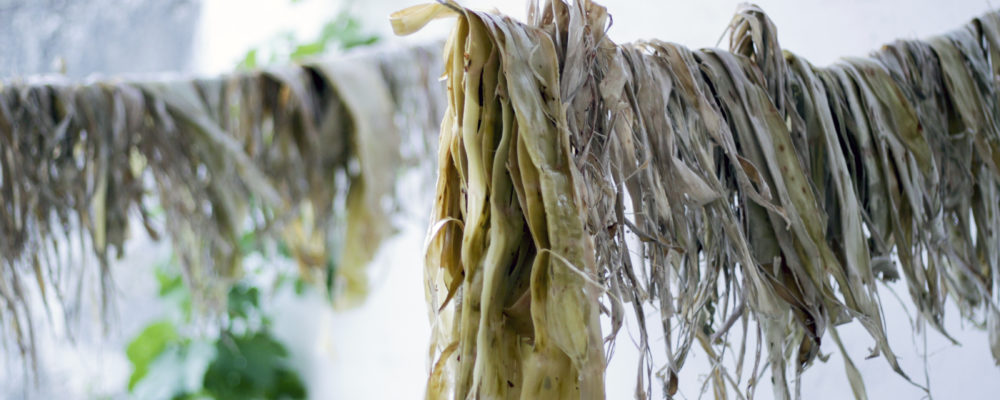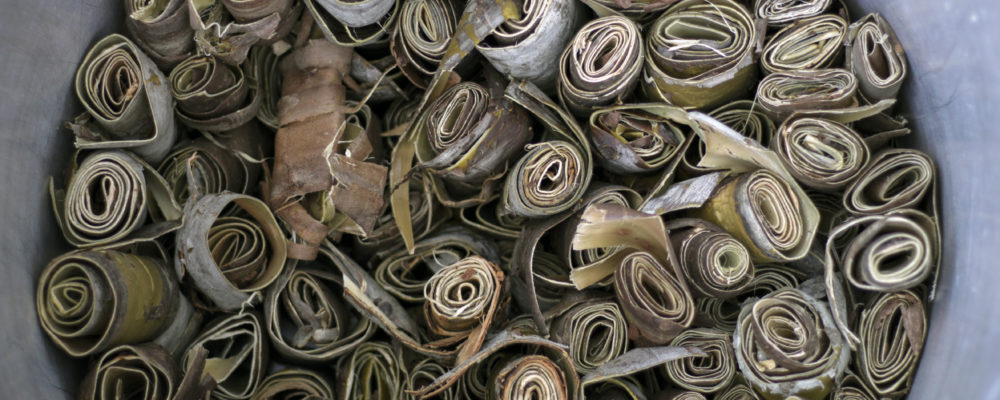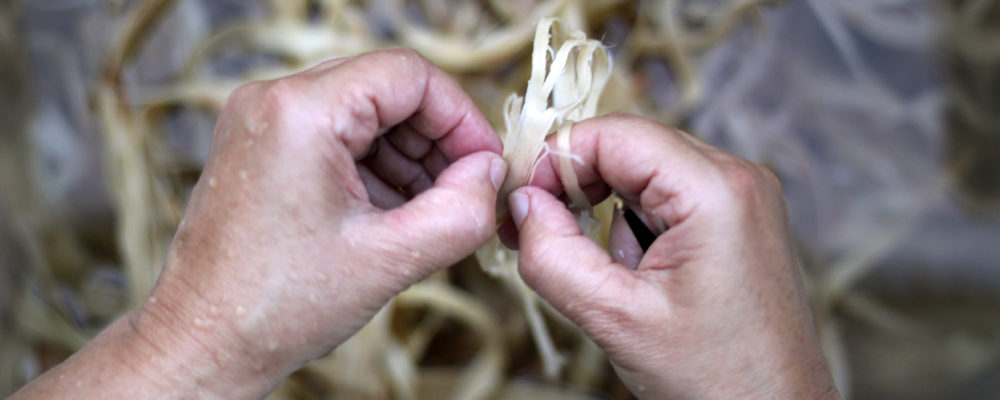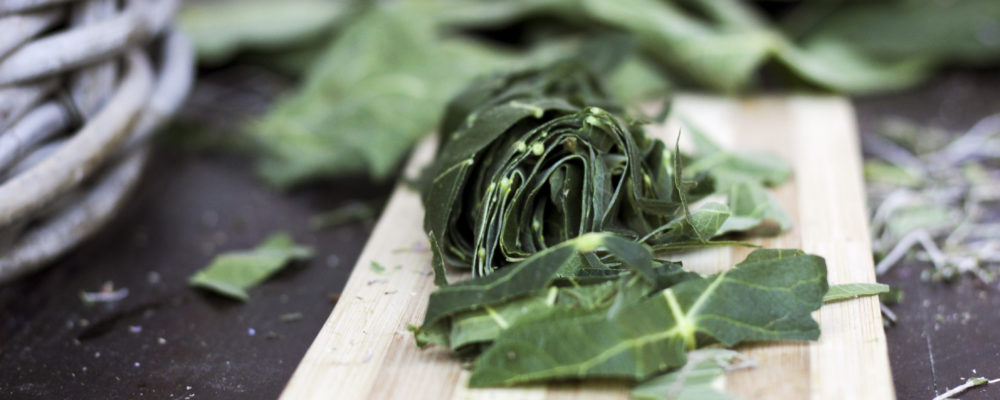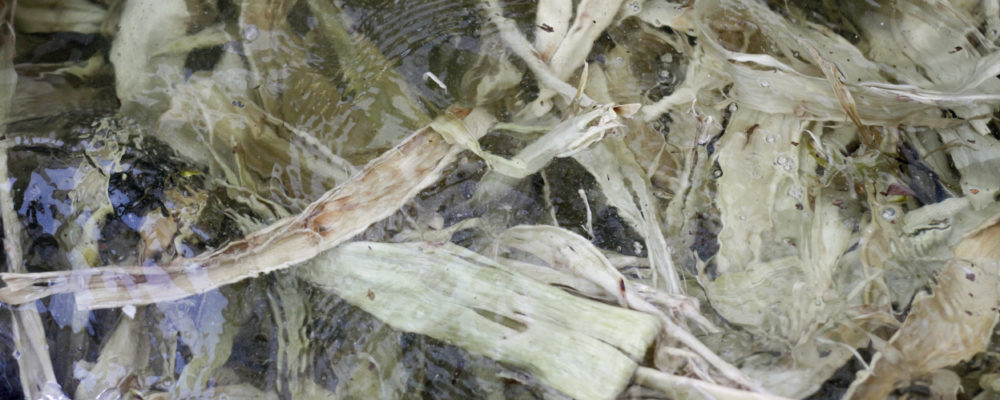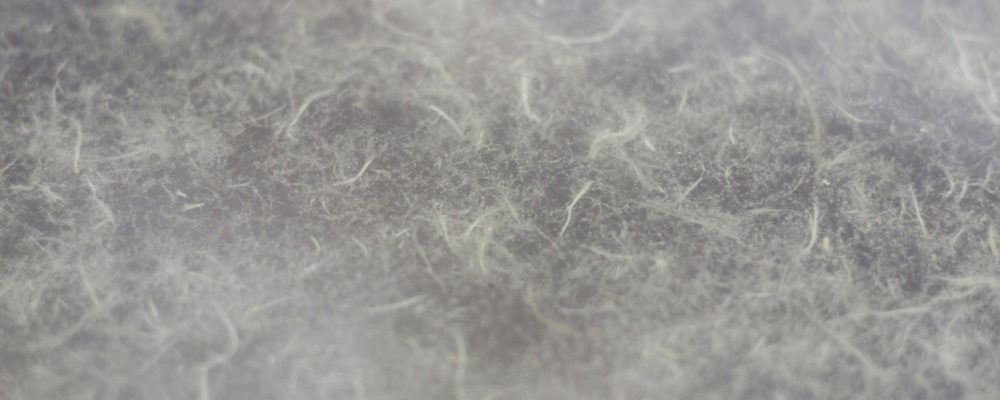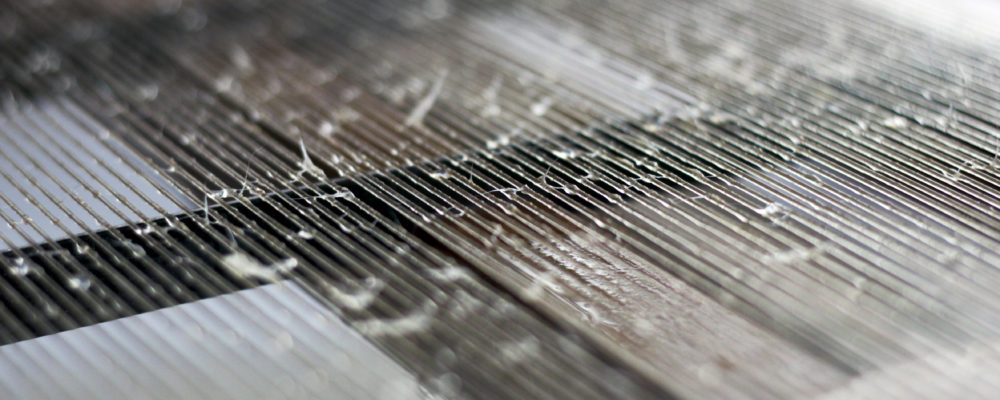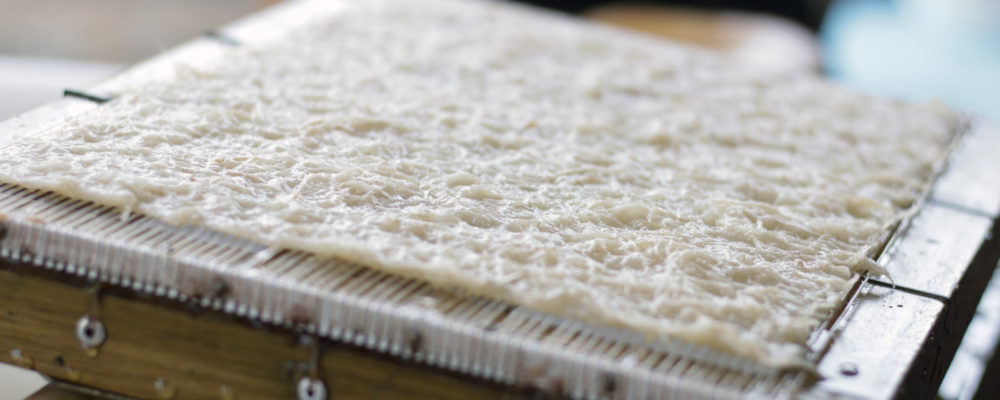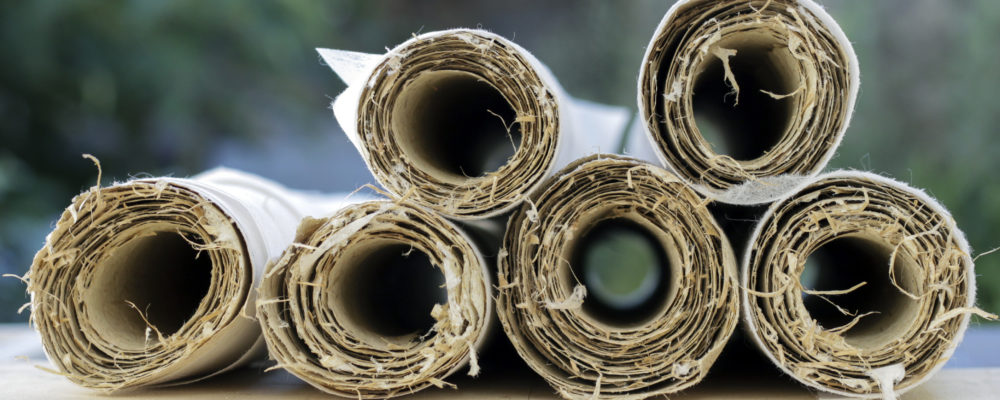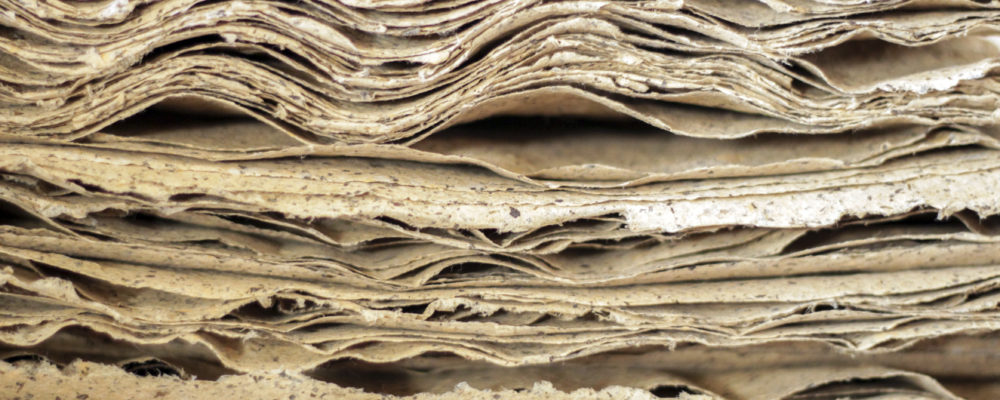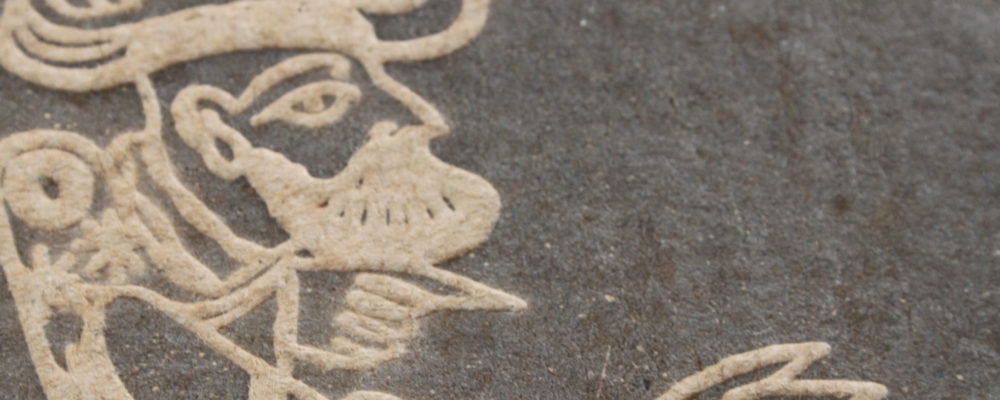Beach House Picture gira un documentario nello studio di Andrea De Simeis
ashton@beachhousepictures.com tramite beachhousepicturessg.onmicrosoft.com
a agataewa.memoramia@gmail.com per conto di cubiarte@gmail.com
1. Is everything done in-house?
Yes, it’s all made in-house in my studio. What I am seeking is a personal, intimate relationship with matter.
Si, è tutto fatto in casa, cerco un rapporto personale, intimo con la materia.
2. Do you have an assistant?
My first assistant has been my grandfather that is ninety years old. He is a man used to do some old fashioned kind of works and he has the patience.
Today, everyone who comes in my lab, even for a coffee, eventually ends up working with great pleasure.
Il mio primo assistente è stato mio nonno di novanta anni. Lui è un uomo abituato a lavori antichi e di pazienza. Oggi chiunque venga nel mio laboratorio, anche per un caffè, alla fine si mette a lavorare con grande
piacere.
3. What were your inspirations?
My work is great fun and rediscovering the happiest part of me.
Il mio lavoro è un gran “gioco” e riscopro la parte più felice di me.
4. What excites you about the craft?
As for the intaglio I had a great master, Glauco Lendaro: I deeply loved his hands as his lessons. While the techniques of the paper making are results of long personal research: looking for an ideal support for my printmaking.
Per quanto riguarda la calcografia ho avuto un grande maestro, Glauco Lendaro: ho profondamente amato le sue mani quanto le sue lezioni. Le antiche tecniche della manifattura della carta sono invece frutto di lunghe
ricerche personali: cercavo un supporto ideale per il mio lavoro di stampatore.
6. What is the process like? Could you share with us in detail?
I cultivate many wild plants of the Mediterranean to extract the pulp and some natural pigments: I pick them up judiciously and they are very generous with me. To make a valuable paper of ficus carica I do the harvest during
the rest period of the plant; I steam cook the branches and flay them with great care. Then prepare an alkaline bath of wood ashes and beat them vigorously to have a candid paste. Then I disperse the fibres in the tub and I draw them out with a framed filtering screen. After a night under a big press I hang the paper sheets up to dry. Then I colour my sheets with indigo and scent them with the distillates of some aromatic plants. I want my paper to offer many sensations: sight, smell, touch and even taste.
Coltivo molte piante spontanee del Mediterraneo per estrarre la cellulosa e alcuni pigmenti naturali: le mondo ragionatamente e loro sono molto generose. Per fare la carta pregiata di ficus carica faccio un raccolto nel
periodo di riposo della pianta; cucino a vapore i rami e li scoio con grande premura. Preparo poi un bagno alcalino di cenere di legna e le batto energicamente per avere una candida pasta. Disperdo poi le fibre nella vasca e le pesco con un telaio. Dopo una notte sotto la grande pressa stendo i fogli perché si asciughino. Coloro poi le mie carte con l’indaco e li profumo con i distillati di alcune piante aromatiche. Voglio che le mie carte offrano molte sensazioni: visive, olfattive, tattili e perfino del gusto.
7. What is the hardest part of the craft?
The way I work is often dictated by the sun and the biological rhythm of the plants. I work long hours and often with harsh temperatures to get the best results. This discipline affects a lot my habits and sometimes it is
quite tiring.
Il ritmo è spesso scandito dal sole e dal ritmo biologico delle piante. Lavoro per lunghe ore e spesso con temperature rigide per avere i risultati migliori. Questa disciplina condiziona molto le mie abitudini e alcune volte
è piuttosto faticosa.
8. What challenges do you face?
It was not easy to explain to my loved ones my “vocation” and initially I lost the esteem of many. Luckily the time has repaid me for my stubbornness.
Non è stato facile spiegare alle persone care la mia “vocazione” e inizialmente ho perso la stima di molti. Per fortuna il tempo ha ripagato la mia ostinazione.
9. What do you love about the craft?
I learned to love the slowness and the slowness offers incredible opportunities to reflect. What often gets lost when you look through a window while driving, you see during a bike ride.
Ho imparato ad amare la lentezza e la lentezza offre incredibili occasioni di riflessione. Quello che spesso si perde quando si guarda da un finestrino in corsa, si vede in un giro in bicicletta.
10. 5 fun facts about the craft That the normal people wont know.
First of all I would say that, making the paper with the ancient techniques means inspire an ethical way of interpreting the resources of nature, and that way is also possible in large industrial production. Making good paper
and good colours from plants means satisfy the biological rhythm of the species to have ever more generous crop in exchange. The paper is not obsolete, it is still the best vehicle for the transmission of memory nowadays: its stability does not suffer from the limitations of technology (hardware, software, backup, etc.). I would lose the most beautiful
poem that I wrote for my woman if it was still on my smartphone! It’s just a trivial example but the great restorers and archivists are concerned about the large amount of memory, that we keep losing, trusting only in the technology.
The paper also gives us quality sensations: touch, smell, etc. it is emotionally addictive!
Direi innanzitutto che, fare carta con le antiche tecniche, significa ispirare un modo etico di interpretare le risorse della natura, un modo possibile anche nella grande produzione industriale. Fare buona carta e buon colore
dalle piante, significa assecondare il ritmo biologico delle specie per avere in cambio un raccolto sempre più generoso. La carta non è obsoleta, ancora oggi è il miglior veicolo per la trasmissione della memoria: la sua stabilità non soffre dei limiti della tecnologia (hardware, software, backup, ecc.) Perderei la più bella poesia che mi abbia scritto la mia donna se fosse ancora sul mio smartphone! È solo un banale esempio ma grandi restauratori e archivisti sono preoccupati per la grande quantità di memoria che perdiamo fidandoci solo della tecnologia. La carta ci regala anche sensazioni di qualità: tattili, olfattive ecc.: è emotivamente coinvolgente!
11. Do you feel with modern day technology is rising, how do you feel about the skills you possess?
I use the technology, and I find it very useful for my relationships and my research, but I also think it’s very invasive: the technology is overwhelming.
Mi servo della tecnologia e trovo che sia molto utile alle mie relazioni, alle mie ricerche ma credo anche che sia molto invasiva: la tecnologia è prepotente.
12. Was it difficult for you when you were learning the craft?
It was difficult to assert my profession until I have won some international awards.
È stato difficile affermare la mia professione fino a quando non ho guadagnato
qualche premio internazionale.
13. Could you share with me what would be your legacy?
The schools often invite me to talk about my work and I am happy to share my knowledge and experiences. Sometimes I have many students in my lab to work with and so I explain them my work in detail. Still ‘to learn’
means to face a long period of apprenticeship, but I would reveal even the most hidden secrets to the most stubborn ones.
Le scuole m’invitano spesso a parlare del mio lavoro e sono felice di condividere le mie conoscenze, esperienze. Talvolta succede che molti studenti vengano nel mio laboratorio per lavorare e spiego nel dettaglio il mio lavoro. Tuttavia imparare significa affrontare un lungo periodo di tirocinio e, ai più ostinati, rivelerei anche i segreti più nascosti.
